
ACC 2022: Updated findings further highlight benefit of sotagliflozin treatment in patients with T2D and CKD, regardless of cardiovascular disease presence.

ACC 2022: Updated findings further highlight benefit of sotagliflozin treatment in patients with T2D and CKD, regardless of cardiovascular disease presence.
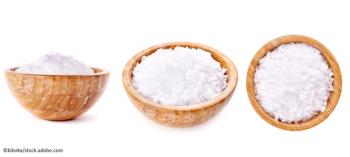
ACC 2022. SODIUM-HF secondary findings, however, showed improvement in NYHA HF class and in QOL in the dietary intervention group.

ACC 2022. Findings suggest that more attention to monitoring cognitive functioning after a myocardial infarction is needed.

ACC 2022. Study assessed hypertension-related TikTok videos and found that 42% addressed alternative medicine, more than twice the number that focused on medical treatments.

ACC 2022. Black and Hispanic persons were 41% less likely than white individuals to receive CPR after cardiac arrest in public and 26% less likely when the event occurred in their home.
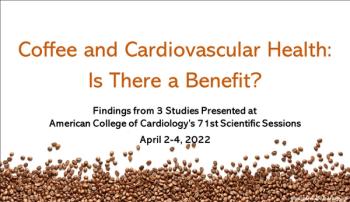
ACC 2022. Can a couple of cups of coffee per day keep cardiovascular disease at bay? Findings from 3 new studies shed light.

ACC 2022. Approximately 5% of hospitalizations for acute MI in the state were found attributable to elevated levels of traffic noise.
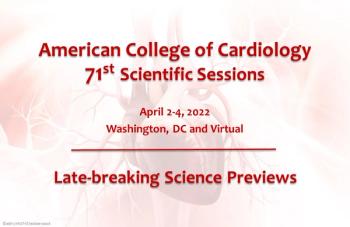
ACC 2022. ACC late-breaking clinical trial sessions begin Sat, April 2, 2022. Our short slide shows highlight the studies of interest to primary care clinicians.
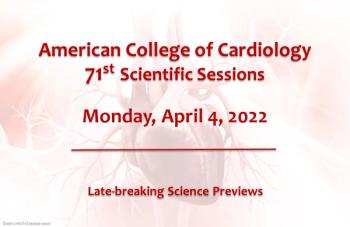
At ACC 2022 on Sunday, 4-2, look for studies on icosapent ethyl and alirocumab, landmark research on HFrEF, and a novel anticoagulant for atrial fibrillation.
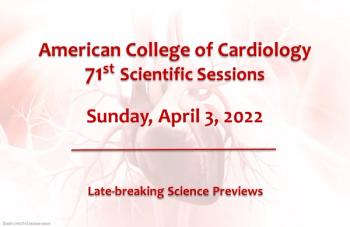
At ACC 2022 on Sunday, 4-2, look for studies on icosapent ethyl and alirocumab, landmark research on HFrEF, and a novel anticoagulant for atrial fibrillation.

ACC 2022. Large study of US adults showed those with depression following MI were 50% more likely to experience a stroke than those who did not have depression.
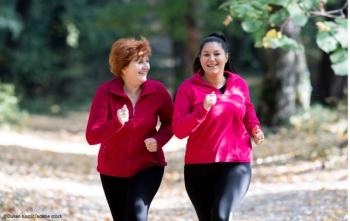
ACC 2022. Exercise lowers CVD risk in part by reducing the same neurobiologic activity associated with depression and anxiety, according to study authors.

ACC 2022. A new systematic review suggests skin melanin content may impede accurate recording of heart rate and rhythm by wearable devices.
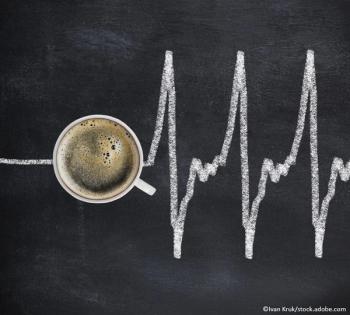
ACC.22: Findings from 3 studies show drinking 2-3 cups of coffee per day is associated with a reduced risk of CVD, abnormal heart rhythms, and mortality.
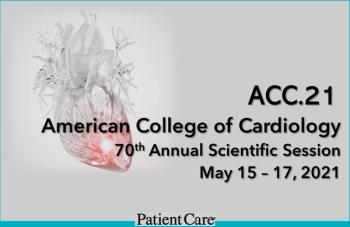
ACC.21: There was no difference found between high- and low-dose aspirin in terms of effectiveness and safety in patients with established CVD, according to new research.

ACC.21: Black patients from disadvantaged neighborhoods were found almost 20% more likely to die within 5 years of MI than white patients from well-resourced ones in a new study.

ACC.21: Findings from a study released in advance of the ACC annual meeting suggest that prediabetes confers nearly twice the risk of major cardiovascular events vs normoglycemia.

ACC.21: High rates of obesity, hypertension, and hyperlipidemia found in Black women in their 20s and 30s are of significant concern, says the author of a study to be presented at the ACC meeting.

Exercising at least 4 times a week can increase left ventricular mass and preserve elasticity, thereby reducing the risk of diastolic heart failure. Researchers from Texas presented their study results at the American College of Cardiology’s 60th Annual Scientific Session.

Measurement of pulse pressure may help identify patients with "white coat" hypertension, according to data presented by Korean researchers at the American College of Cardiology’s 60th Annual Scientific Session.

What is the optimal duration for antiplatelet therapy after placement of drug-eluting stents? Initial results of the EXCELLENT study show that 6 months of antiplatelet therapy is as effective as the 12-month regimen recommended by current guidelines.

A Danish study found no clinical benefit from using NT-proBNP (b-type natriuretic peptide) to identify and monitor high-risk patients with chronic heart failure, according to research from the NorthStar study presented at the American College of Cardiology’s 60th Annual Scientific Session in New Orleans.

Compared with medical therapy alone, coronary artery bypass grafting (CABG) significantly reduced cardiovascular deaths and the composite end point of all-cause deaths and cardiovascular-related hospitalizations, reported investigators from the Surgical Treatment of Ischemic Heart Failure (STICH) trial. However, the effect of the two management strategies on overall survival in patients with ischemic heart failure was similar.

Recently, the American College of Cardiology (ACC) and the American Heart Association (AHA) released a focused update to the 2007 guidelines for the management of patients with unstable angina (UA)/non-ST-elevation myocardial infarction (non-STEMI).

A panel of experts presented a general strategy for evaluating patients with refractory hypertension, but ultimately cautioned the audience to assume non-compliance until proven otherwise.

The panel presented three challenging cases of heart failure with preserved ejection fraction (HFPEF) (see Update on Diastolic Heart Failure). In an innovative twist, the panel solicited feedback from a standing-room-only audience through SmartPhone technology-attendees voted for their favored diagnostic approach, therapy, or final diagnosis, with voting results instantly integrated into the presenter’s Powerpoint display.

Diastolic heart failure (or HFPEF-heart failure with preserved ejection fraction) is characterized by inadequate myocardial relaxation and diastolic filling ("stiff ventricle"), with heart failure signs and symptoms despite normal ejection fraction. The most common cause is long-standing hypertension.

Systemic inflammation has been identified as a risk factor for the development of heart failure in population studies. In the 5-year prospective MESA study, researchers from Johns Hopkins Hospital in Baltimore recorded a baseline nonspecific marker of systemic inflammation, C-reactive protein (CRP).

Researchers from Massachusetts General Hospital in Boston presented results from the PROTECT (ProBNP Outpatient Tailored Chronic Heart Failure) study. NT-proBNP (b-type natriuretic peptide) is a biomarker released from myocardial tissue in response to high levels of wall stretch and has been studied as a marker for decompensated systolic heart failure.

Global humanitarian James Orbinski, MD, will deliver the Franz M. Groedel Presidential Plenary Lecture at this year's Scientific Showcase Session on Sunday, April 3.